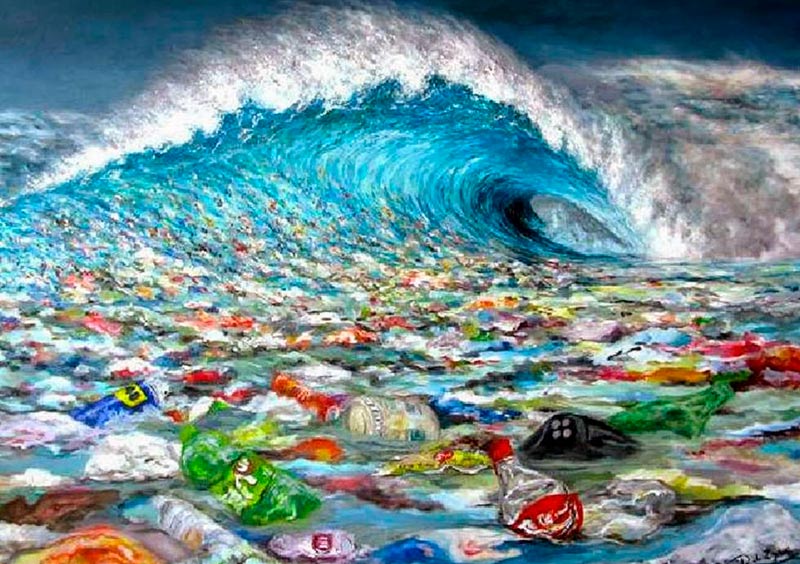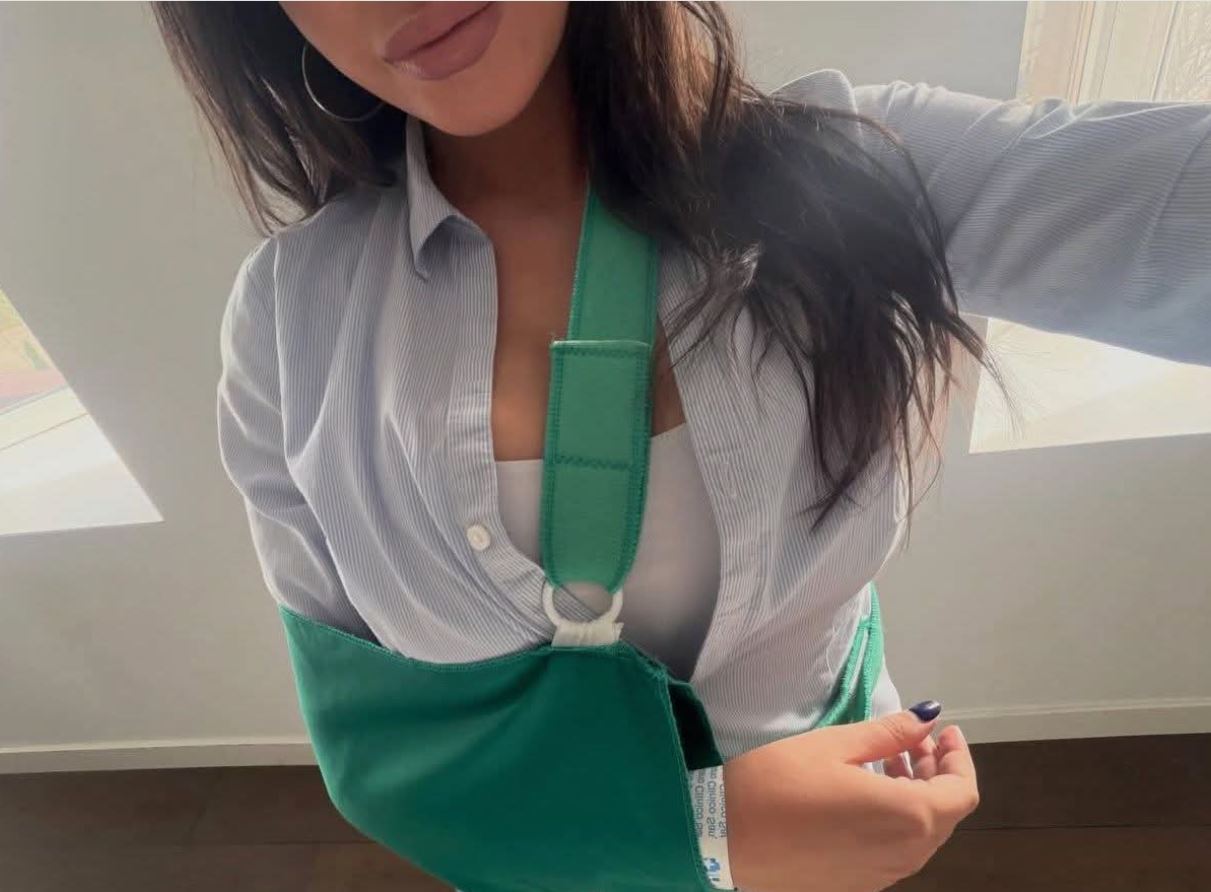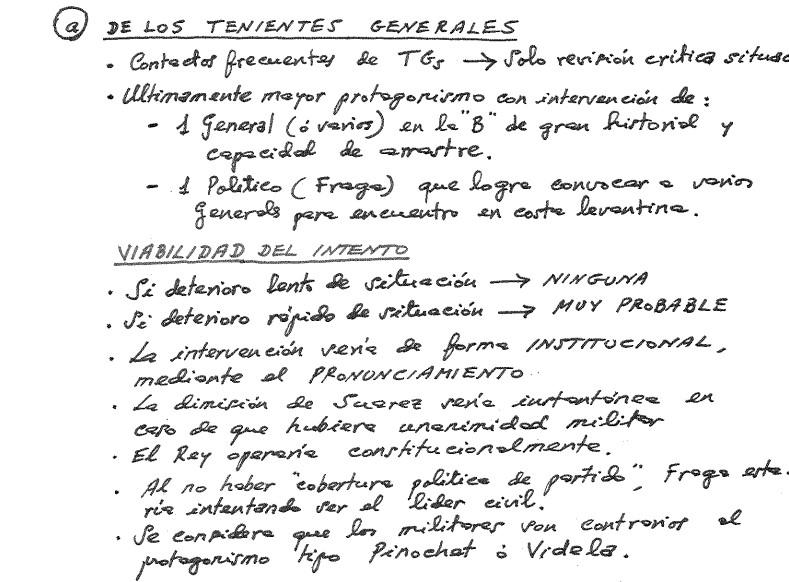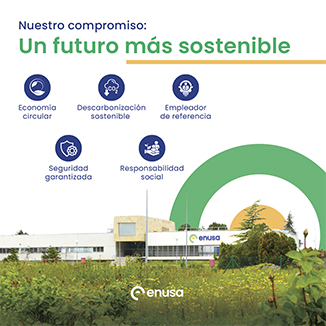[dropcap]C[/dropcap]uando era niño nuestras madres iban a la compra con bolsas de esparto o de tela, cestas y otros tipos de contenedores que permitieran transportar los artículos y alimentos comprados. Eran reutilizables; reciclables, aunque en aquellos tiempos no era posible por falta de infraestructura y tecnología. También, te cobraban los envases de vidrio de las bebidas y te reembolsaban el dinero si lo devolvías, ahora los escasos envases utilizados los tiramos a un contenedor sin ningún tipo de compensación y, ¡tened por cierto!, que los costes de fabricación y reciclado están incluidos en el precio.
El papel y el cartón lo llevábamos a almacenes desde donde, supuestamente, lo enviaban a reciclar; pero no se encuentra mucho papel reciclado en el mercado y, si lo hay, es más caro. ¡Es el momento de volver a ello y cambiar ciertas políticas para ayudar a que podamos comprar y utilizar productos amigables con el medio ambiente!
Hoy acabo de leer un artículo, publicado en la revista Nature, en que que se habla de la contaminación de la sal por microplásticos. ¿Qué estamos comiendo?
Buenas prácticas para los ciudadanos que permiten no seguir por el mismo camino: usar bolsas reutilizables o de papel; aumentar nuestro esfuerzo en separar los diferentes residuos: papel, plástico y metal (envases), vidrio, orgánicos; valorar, anteponiendo su compra, aquellos productos que sean amigables con el medioambiente.
Buenas prácticas para los establecimientos de venta: exigir a los proveedores y fabricantes productos con mínimo envase; utilizar proveedores que empleen materiales reciclados y reciclables en sus productos y embalajes; pedir a los proveedores que se hagan cargo de los residuos que generen por productos defectuosos y fuera de uso, de tal forma que el consumidor pueda entregarlos en el mismo comercio que los adquirió y este los entregue a su distribuidor o fabricante.
Buenas prácticas para los fabricantes: utilizar materias primas recicladas y reciclables; embalar en vidrio, cartón o papel; crear sistemas de recogida de sus productos para reciclarlos.
Buenas prácticas para los legisladores: fomentar e incentivar la fabricación, venta y consumo de productos que respeten el entorno ambiental; ayudar e incentivar el esfuerzo de los ciudadanos por llevar a cabo acciones que contribuyen a la conservación de la naturaleza; prohibir el uso de plásticos.
“Nosotros los humanos producimos la basura que la naturaleza no puede digerir”. (Charles Moore).
Plastics
[dropcap]A[/dropcap]s a child, our mothers went shopping with bags of esparto grassor fabric, baskets and other types of containers that allowed to carry the items and food purchased. They were reusable; recyclable, although in those times was not possible due to lack of infrastructure and technology. Also, they charged the glass containers of the drinks and refunded the money if you returned it, now the few used containers we throw a container without any compensation and, be aware, the costs of manufacturing and recycling are included in the price.
The paper and the cardboard we took it to warehouses from where, supposedly, they sent it to recycle; but not much recycled paper is found in the market and, if there is one, it is more expensive. It’s time to go back to it and change certain policies to help us buy and use environmentally friendly products!
Today I just read an article, published in the journal Nature, in which talks about the contamination of salt by microplastics. What are we eating?
Good practices for citizens that allow them not to follow the same path: use reusable or paper bags; increase our effort in separating the different residues: paper, plastic and metal (containers), glass, organic; valuing, prioritizing your purchase, those products that are environmentally friendly.
Good practices for sales outlets: demand from suppliers and manufacturers products with minimum packaging; use suppliers who use recycled and recyclable materials in their products and packaging; ask suppliers to take care of the waste generated by defective products and out of use, in such a way that the consumer can deliver them in the same business that bought them and deliver them to their distributor or manufacturer.
Good practices for manufacturers: use recycled and recyclable raw materials; pack in glass, paperboard or paper; create systems to collect their products to recycle them.
Good practices for legislators: encourage and encourage the manufacture, sale and consumption of products that respect the environment; help and encourage the efforts of citizens to carry out actions that contribute to the conservation of nature; prohibit the use of plastics.
“Humans produce the trash that nature cannot digest”.(Charles Moore).
Más información: GESPROSAL





















